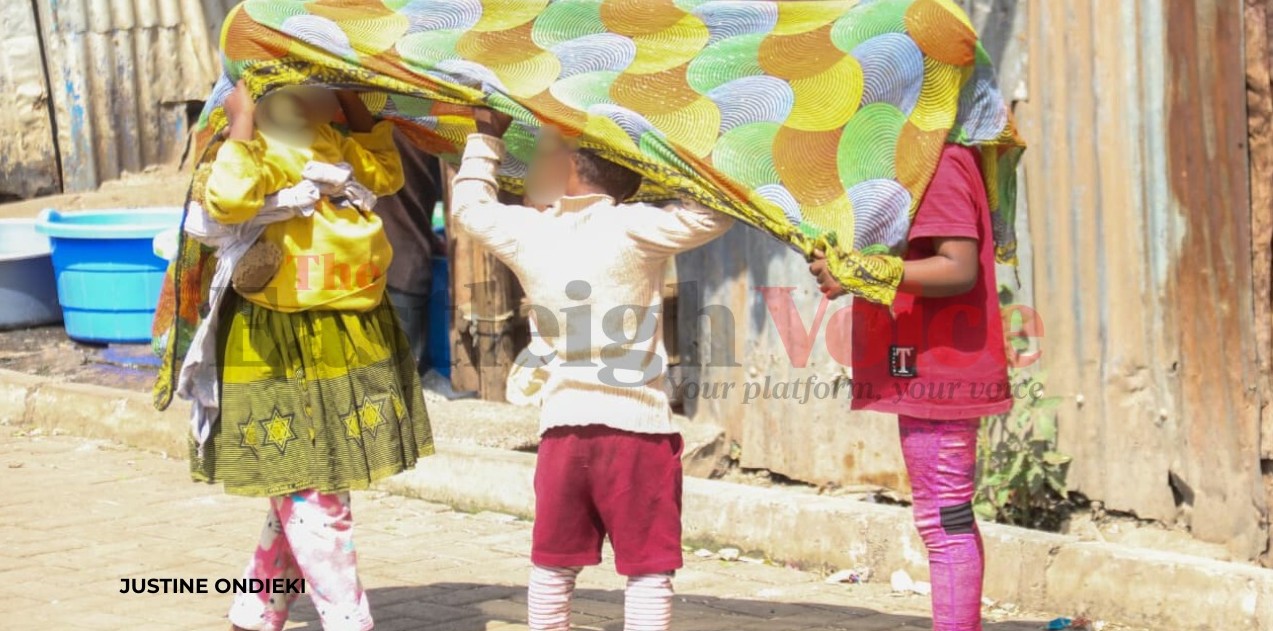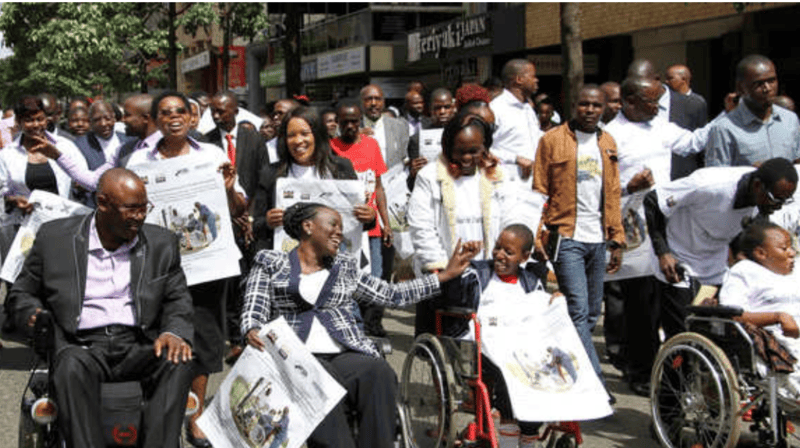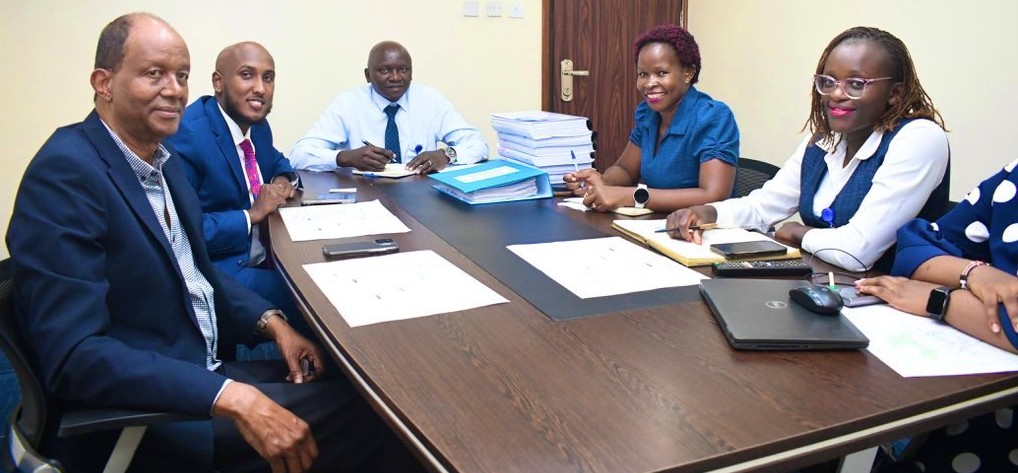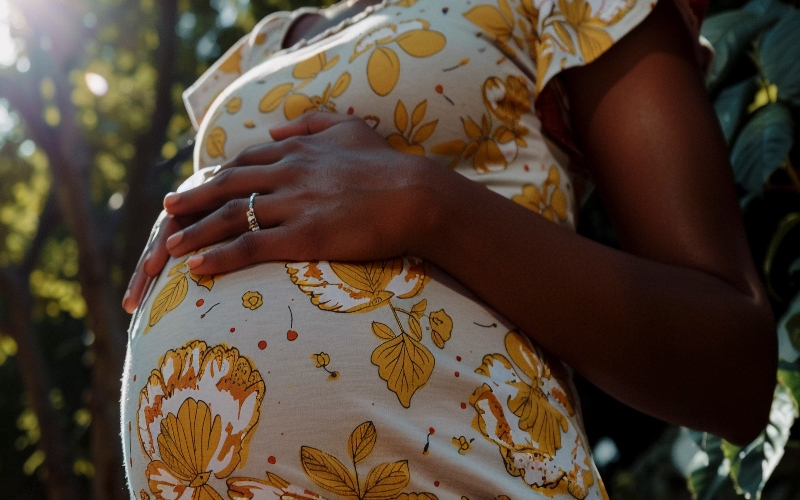How shortage of public schools in Nairobi makes right to education a mirage to many in slums
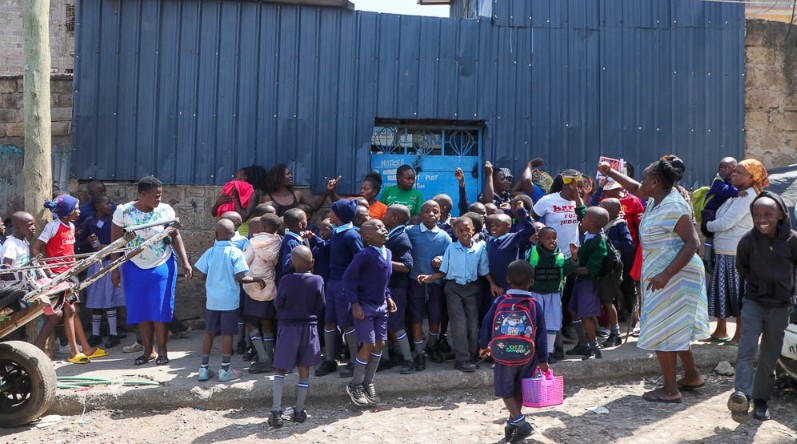
When schools opened for the first term of the 2025 academic year, scores of schools in informal settlements within Nairobi never opened their doors for learners for several reasons that have made quality education a mirage to many children.
Gatoto Primary School in Mukuru Kwa Reuben is among the schools that got affected by land disputes, affecting learning, in a trend that has been occasioned by the shortage of public primary schools within the city.
More To Read
- How Grade 10 learners will be placed in senior schools using eight-point assessment system
- How to check school your child has been placed in before release of KJSEA results
- 2025 KCSE concludes smoothly as government reports sharp decline in exam cheating cases
- Tension mounts as school heads, teachers’ union reject new TSC leadership structure
- 78 people arrested over exam malpractice as KCSE enters final stretch
- TSC calls on teachers to embrace professional development for CBE curriculum
Despite the right to education being enshrined in the Constitution, children from Nairobi's informal settlements are disadvantaged in their attempts to access quality education, unlike their counterparts from affluent neighbourhoods.
Last week, learning was disrupted at Gatoto Primary School following a protest by parents over alleged land grabbing by local leaders.
The enraged parents stormed the school, protesting what they described as a plot by a few individuals to secretly alter the ownership of the land associated with the school.
Police were deployed to control the escalating situation as the agitated parents roamed the school compound.
Learners were sent home as the situation became too risky for their safety. The police clashed with the parents, chasing them outside of the school where they continued their protest.
Expressing their disappointment, parents pointed an accusing finger at leaders they believed were behind the imminent land grabbing.
"We do not want politics; we want the school to continue. The school belongs to the government," one parent asserted.
Rent arrears
Similarly, there were protests this week on Monday in Mathare following the locking out of more than 100 pupils from classes after a disagreement over rent arrears.
Parents and learners at Millennium Community Development School, a community-based learning centre started by well-wishers and parents from the informal settlement, were angered by the decision of the premises owners and officials from the Ministry of Education to close down the school.
Director of the school Margaret Aluoko said the institution has had challenges with rent arrears and was in talks with the proprietors of the premises before Ministry of Education officials summoned them to have it closed immediately.
"We have had challenges with payment of rent to have the learners accommodated in these premises which we turned into classrooms. Unfortunately, we have been ordered to close the school down and send all learners to public schools," Aluoko said.
Last year on September 14, residents of Nyayo Estate held a peaceful protest over what they termed as the grabbing of a piece of public land by a private developer.
According to the residents, invaders destroyed the perimeter wall two years ago and, over the last one month, construction has been ongoing on the parcel of land.
Ministry of Education officials have struggled to ensure that despite the challenges faced by slum dwellers in their attempt to access education, all learners are in school.
Mathare Sub-County Education Officer Lucy Musyoki told The Eastleigh Voice that they have been doing a mop-up to ensure all children from the informal settlements are enrolled in schools.
"Our work is not to engage in rent disagreements but to ensure that all learners are in school learning. In case children are not able to be in the classroom to learn because of any reason, we ensure that they get enrolled in public schools around," Musyoki said.
Nairobi has 225 public primary schools and early childhood development education (ECDE) centres. Mukuru, for instance, has nine – characterised by overcrowded classrooms in low-fee, alternative provision of basic education and training (APBET) schools.
Overcrowded classrooms
APBETs, or low-fee private schools, have mushroomed in urban informal settlements to fill the shortage of public schools. Nairobi alone has 300 of them. Many are unregulated and often unsafe.
In 2019, a classroom collapsed in the Dagoretti, killing seven pupils and injuring 57 others, prompting a nationwide crackdown on APBETS.
According to George Juma, a local education rights lobbyist, the right to education is both an essential right for empowerment and a necessity for the realisation of all other human rights.
"The government has failed to regulate private actors in the education sector. More public-private partnerships would ensure children in these settlement areas have access to quality education to give them a fair chance of competing with others," said Juma.
To keep children from informal settlements in school, the Nairobi County government has proposed a raft of measures, including coming up with a school feeding programme.
Last year in September, Governor Johnson Sakaja announced plans to extend the Dishi Na County feeding programme to informal schools across Nairobi, in a move aimed at ensuring that all students benefit from the initiative regardless of the type of school they attend.
Top Stories Today
